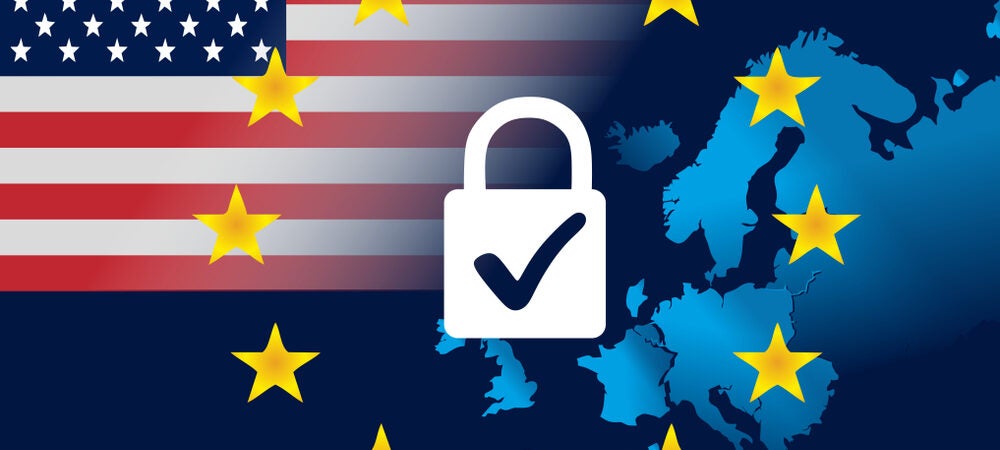In January 2023, the United States and two of its closest allies, the Netherlands and Japan, concluded a ground-breaking agreement – but took pains not to draw attention to it, or even to call it an agreement. They held no press conference and released no joint statement. Yet the subject of their deal goes to the heart of the growing strategic competition between the US and China. And it encapsulates some of the critical challenges facing the European Union at the intersection of international security, the world economy, the technological revolution, and strategic competition.
The agreed non-agreement between the three states pertains to some of the most complex machinery and most miniscule components humankind has ever produced. With their accord, the countries effectively restricted the export to China of the most advanced microchips and the tools to produce them. These items have become a focal point in international power politics because of their use in developing artificial intelligence and their centrality to many of the 21st century’s most important technologies.
As news on the matter emerged, the Dutch prime minister confined his remarks to saying: “Those talks have been going on for a long time and we’re not saying anything about it.” The reason for reticence was clear; in response to their decision, China threatened retaliation against the Netherlands and Japan.
The move followed on from measures unilaterally implemented by the US in October 2022 to restrict the trade of advanced semiconductor technologies with China for reasons of international security. And it now appears that the Dutch national measures could soon be followed by a decision by the German government to restrict the export to China of chemicals needed for chip production.
As these sorts of incidents mount amid the escalating US-China strategic technology competition, the EU and its member states will find themselves increasingly caught in the crossfire. Washington will maintain pressure on its allies to align with its China policy. China’s military build-up will continue to change the balance of power. And Beijing’s willingness and ability to weaponise trade will likely continue to grow – it will no longer be possible for the EU to keep its pursuit of free trade separate from these powerful currents. If a rules-based order is to remain, the rules will need to change to take account of the ways in which economic security forms part of this wider competition.
To steer a course according to its own interests in this new era of strategic trade controls, the EU must urgently develop its own strategy and upgrade its tools to deliver on it. If it is to promote and defend its own sovereignty, it must start to draw its own red lines in technology engagement with China and upgrade its export control policy.
The-Power-of-Control-How-the-EU-can-shape-the-new-era-of-strategic-export-restrictionsTobias Gehrke is a senior policy fellow at the European Council on Foreign Relations, based in the Berlin office. He leads ECFR’s Geoeconomics Initiative. His area of focus includes economic security, European economic strategy, and great power competition in the global economy.
Julian Ringhof is a policy fellow with the European Power programme at the European Council on Foreign Relations. His research focuses on the implications of digital and emerging technologies for international affairs, including the topics of EU digital diplomacy and EU technological sovereignty.
To read the full policy brief, please click here.

